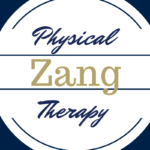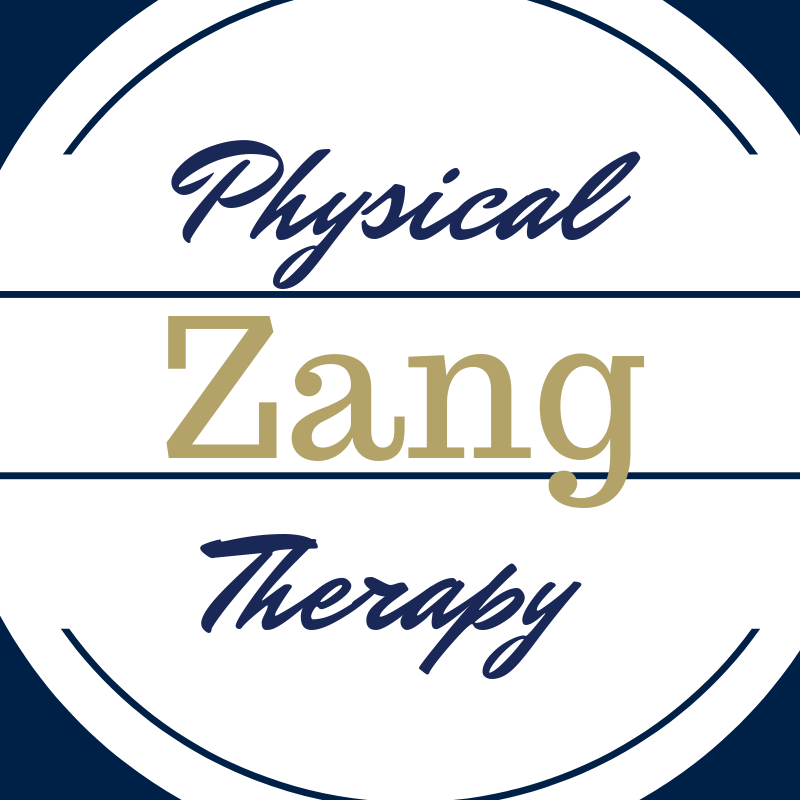Shoulder issues are common given the number of muscles (about 16) that must work in proper sequence to make it function optimally. It is not uncommon for something to temporarily go awry and soreness or pain appear. The rotator cuff is often blamed for shoulder troubles, but is it always the source (problem) or just a symptom?
Quite frequently the rotator cuff muscles become irritated, inflamed, or even slightly torn. Many hear the word tear (and a muscle) and ultimately assume the worst thinking surgery is the ONLY answer. In truth, a high percentage of individuals over the age of 40 have tiny tears in the rotator cuff muscles and yet do not have ANY pain. This means that even if someone does happen to have a tiny tear (which we know is common), it does not mean surgery is a must. It means people can be turned back into a person who happens to have a tiny tear and yet no pain like many others.

So…Source or symptom?
Often it can be determined it is at least a symptom by testing the muscles or visually by watching when someone has difficulty raising their arm or reaching. We may suspect something is going on with the rotator cuff muscles, BUT further exploration often reveals other pieces may not be working optimally either.
By addressing the mobility of say the upper back or getting the back of the shoulder muscles firing better, these individuals will often have increases in pain-free motion. In these cases, we may view the rotator cuff as the symptom, not the source. The good news here is this means with a little work, the person can regain their shoulder function.
It may be considered a true source in a few instances where the individual has an inability to raise their arm or is unable hold their arm when placed in a given position. This is not just a pain thing. This is a very specific pattern noted by providers who treat people with shoulder troubles. Even in the case of a true source of issue, successful rehab for the rotator cuff can still happen.
Regardless of source or symptom, the rotator cuff can be treated rather well. The best thing to do is to seek some help sooner than later to avoid secondary issues from developing which will further complicate the recovery.
Got more Questions?
You can grab some FREE information HERE on shoulder pain
Or
You can fill out this quick FORM to speak with Andrew about the change you would like to make with your shoulder.
